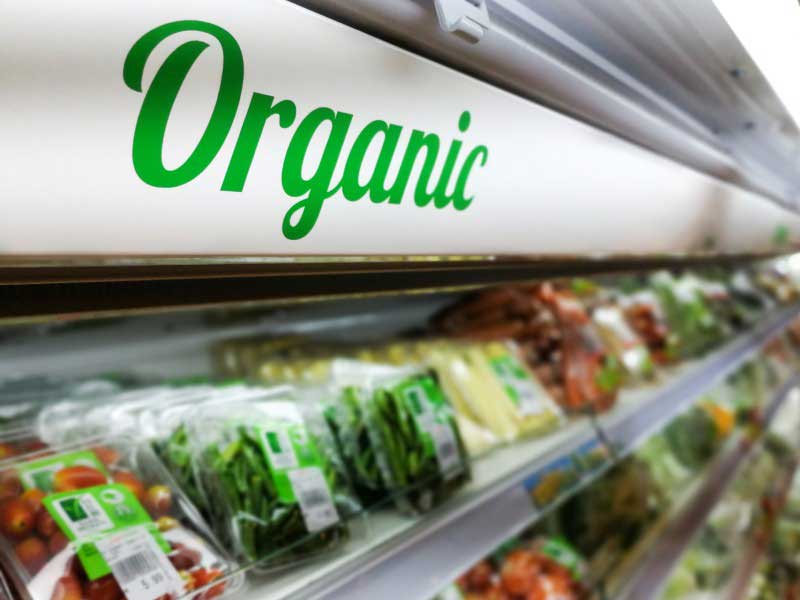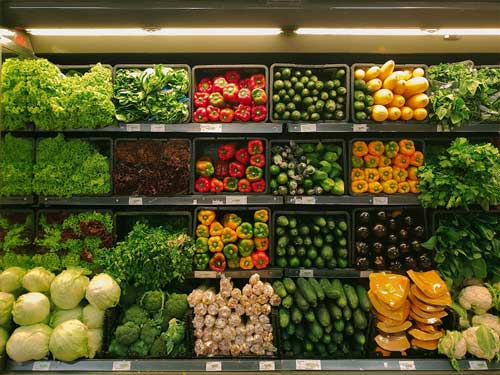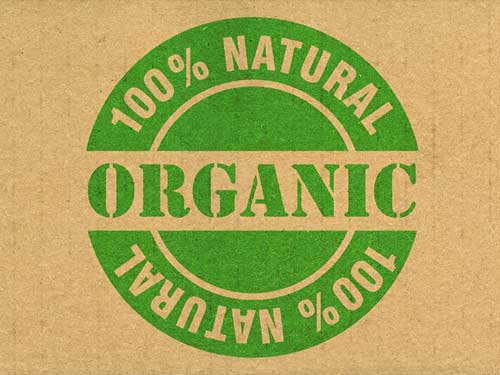
Organic- All About It
What Is Organic?
Organic refers to anything that is natural and not processed or man-made. In terms of food, organic means that the food is grown without the use of pesticides, herbicides, or other synthetic chemicals. Organic farmers also avoid using genetically modified organisms (GMOs) in their crops.The term “organic” can also refer to the way farmers grow and process their crops. For example, organic farmers may use natural methods to control pests and weeds, such as crop rotation or covering their fields with mulch. They may also avoid using artificial fertilizers and instead rely on manure or compost to nourish their plants.
Organic food is often more expensive than conventionally grown food. That’s because organic farmers have higher production costs, and their products often have to travel further to reach consumers. However, many people believe that organic food is healthier and tastier than food that is grown with synthetic chemicals.
Organic Food
Organic food is produced without the use of synthetic pesticides, herbicides, or fertilizers. It is also free from genetically modified organisms (GMOs). Organic food is grown using sustainable agricultural practices that protect the environment.Moreover, organic food has been shown to contain higher levels of nutrients than conventionally-grown food. Studies have shown that organic fruits and vegetables have higher levels of vitamins and antioxidants than their non-organic counterparts. These nutrients are important for maintaining a healthy immune system, reducing the risk of chronic diseases, and promoting overall health.


Organic & Non-Organic- The Difference
Let’s take a closer look at the difference between organic and non-organic food.
Organic
Organic food is grown without the use of synthetic pesticides or fertilizers. This means that it is better for the environment since there is no pollution from these chemicals. Organic food is also generally free of genetically modified organisms (GMOs). These are plants or animals that have had their DNA artificially altered in a laboratory.
Non-Organic
Non-organic food, on the other hand, is grown with the use of synthetic pesticides and fertilizers. This can be harmful to the environment since these chemicals can pollute the air and water. Non-organic food may also contain GMOs.The debate between organic and non-organic food is one that has been around for years. Both sides have their own pros and cons, and there is no clear consensus on which is better. So, what is the truth?
Here, we take a look at both sides of the debate to help you make an informed decision about what you eat.
- Organic food is grown without the use of synthetic pesticides, herbicides, or fertilizers.
- Non-organic food may be grown with the use of these chemicals.
- Organic food is typically more expensive than non-organic food.
- Typically, organic food may have a different taste than non-organic food.
- Organic food is grown in accordance with strict federal guidelines.
- Non-organic food is not subject to the same regulations.
So, what does all of this mean for you?
If you are concerned about your health and the environment, then organic food may be the better choice for you. Ultimately, the decision is up to you!
Organic Or Nutritious- What’s Better?
There is a big difference between organic and nutritious food. Organic food is grown without the use of pesticides, herbicides, or other harmful chemicals. It is also often grown in more natural conditions, such as in soil that has not been treated with synthetic fertilizers. This means that organic food is generally healthier for both you and the environment. Nutritious food, on the other hand, is food that contains all of the nutrients your body needs to function properly.
While some nutritious foods may also be organic, not all organic foods are necessarily nutritious.
It’s important to eat a variety of both organic and nutritious foods to ensure you’re getting all the nutrients your body needs. Organic food is typically more expensive than non-organic food, but it is worth the extra cost to know you’re getting food that is healthier for you and the environment. When it comes to nutritious food, you don’t necessarily have to spend more to eat well. There are plenty of healthy and affordable options available, so you can still eat nutritiously even on a budget.
Perks Of Eating Organic
One of the main benefits of eating organic food is that it is free of harmful chemicals and pesticides. These chemicals can be extremely detrimental to our health, and they have been linked to a variety of chronic health conditions. By choosing to eat organic foods, you can avoid exposure to these harmful substances and protect your health.
Another benefit of organic food is that it is often more nutritious than non-organic food. This is because organic foods are grown in more natural conditions and are not exposed to the same harsh chemicals and pesticides. As a result, they retain more of their nutrients and offer greater health benefits.
Finally, organic foods tend to be more delicious than their non-organic counterparts. This is because they are grown in more natural conditions and are not exposed to the same harsh chemicals. As a result, they have a more intense flavor and offer a better overall eating experience.
If you are looking for ways to improve your health and avoid exposure to harmful chemicals, then eating organic food is a great option.
The Bottom Line
Organic food is becoming more and more popular as people become more health conscious. There are many benefits to eating organic food, including the fact that it is free from harmful chemicals and pesticides. One can say that Organic food is also generally considered to be more nutritious than non-organic food.
If you are looking for a healthy and delicious way to improve your diet, then consider switching to organic food. You may be surprised at how much better you feel! You can buy organic food from hellohealth.pk.


